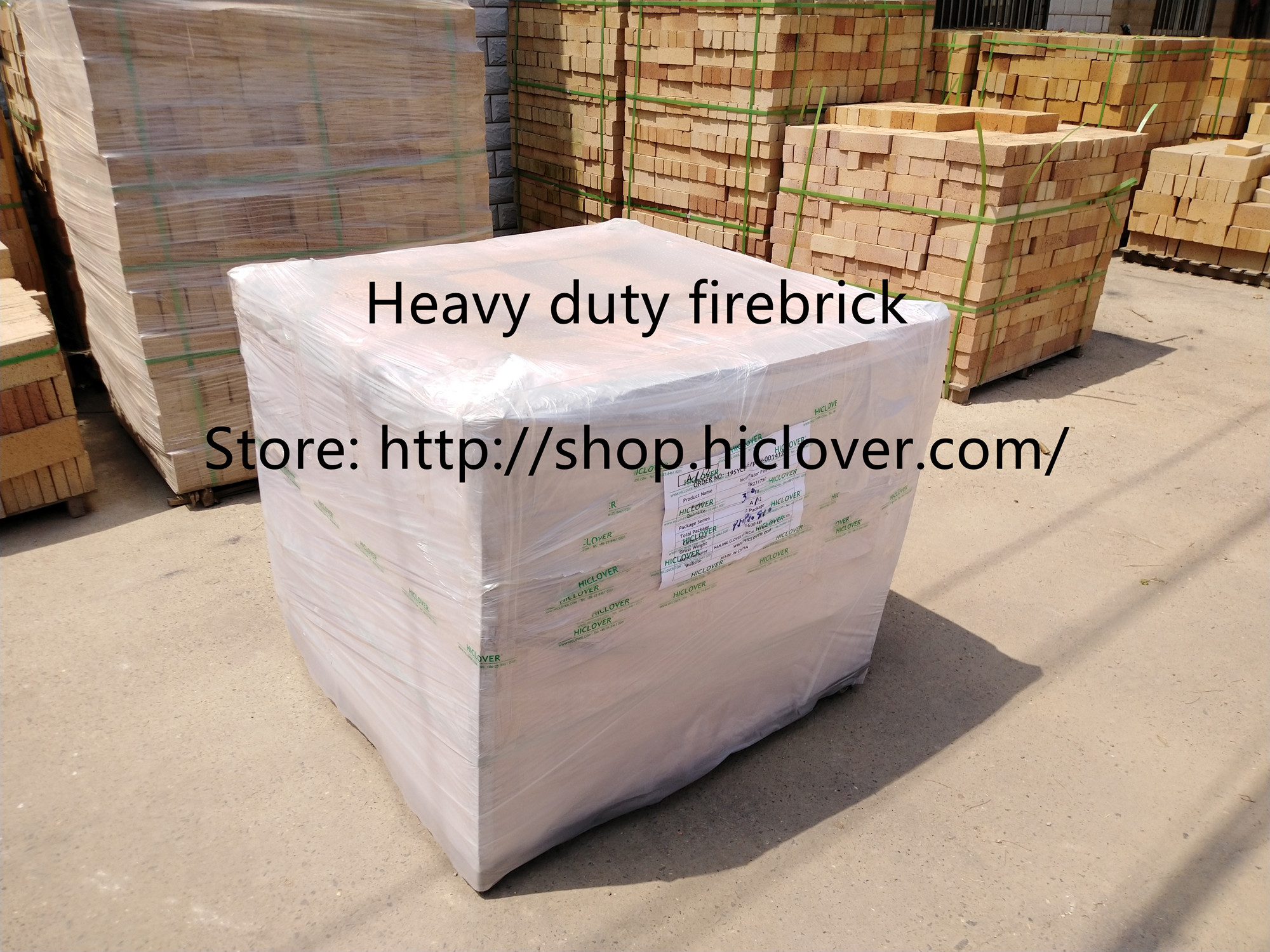Incinerators play a crucial role in waste management by allowing for the safe and efficient disposal of non-recyclable and non-compostable waste. With the increasing amount of waste generated globally, incinerators have become an important part of sustainable waste management strategies.
Incinerators work by burning waste at high temperatures, typically between 850 to 1,200 degrees Celsius. This process reduces the volume of waste by up to 90% and produces heat and electricity as by-products. The heat generated can be used for district heating or to produce electricity, making incinerators a valuable source of energy.
One of the key benefits of incinerators is their ability to reduce the amount of waste that ends up in landfills. Landfills are a major source of greenhouse gases and can contaminate soil and water if not managed properly. By diverting waste from landfills, incinerators help to minimize the environmental impact of waste disposal.
Furthermore, incinerators are equipped with advanced air pollution control technologies to minimize the release of harmful emissions. Modern incinerators are designed to comply with strict environmental regulations, ensuring that the air quality is not compromised during the waste disposal process.
In addition to reducing waste volume and minimizing environmental impact, incinerators also play a role in the management of hazardous waste. Certain types of waste, such as medical waste and hazardous chemicals, require special treatment to prevent harm to human health and the environment. Incinerators can safely dispose of these types of waste while minimizing the risk of contamination.
Despite their benefits, incinerators have been met with criticism from environmentalists and public health advocates. Concerns over air pollution, toxic ash, and potential health risks have led to opposition to the expansion of incinerator facilities in some communities.
To address these concerns, it is important for incinerator operators to implement strict emissions control measures and to engage with local communities to address their concerns. Additionally, ongoing research and development of cleaner and more efficient waste-to-energy technologies can help to improve the environmental performance of incinerators.
In conclusion, incinerators play a vital role in waste management by reducing waste volume, generating energy, and safely disposing of non-recyclable and hazardous waste. With proper regulation and oversight, incinerators can be an important part of a comprehensive waste management strategy that prioritizes environmental sustainability and public health.



